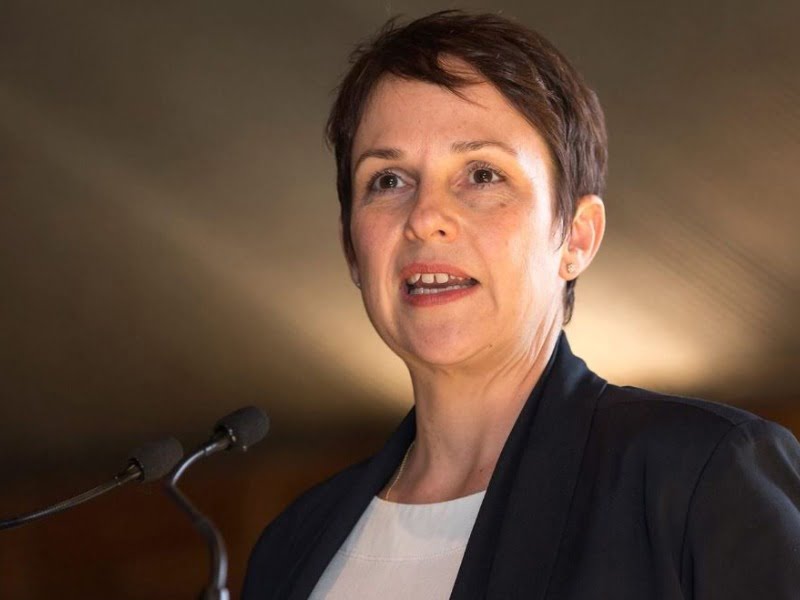The Victorian government has awarded $2 million to 12 mRNA projects through the state’s new Research Acceleration Fund.
Launched by mRNA Victoria in April last year, the $25 million Victorian Research Acceleration Fund is a commitment by the state government to develop a domestic mRNA vaccine manufacturing capability and support early-stage research into other mRNA applications.
The fund is part of a wider $50 million package, which includes $21 million for grants through the mRNA Victoria Activation Program to fund supporting infrastructure for the mRNA ecosystem, such as research and development into artificial intelligence and manufacturing capability.

Among the successful projects in this round are two currently led by Monash University.
Monash University claims to have the largest network of RNA and mRNA researchers in Australia, with more than 65 researchers working in the field.
Victorian Minister for Innovation, Medical Research, and the Digital Economy Jaala Pulford said the grants were important were an important step to improve wellbeing.
“mRNA-based treatments have the potential to change people’s lives, and that’s why we’re backing our world-leading scientists to do this incredible research. These grants are supporting our researchers to do incredible work, that in future could prevent and treat all types of illness from cancer to autoimmune diseases,” Ms Pulford said.
The first $266,000 project, which will include pre-clinical testing, is a partnership between specialist healthcare provider Alfred Health, Monash Faculty of Medicine, Nursing and Health Sciences (MNHS) Dean Professor Christina Mitchell, Dr Meagan McGrath and Monash Institute of Pharmaceutical Studies’ Professor Colin Pouton.
This project will involve the development of an RNA delivery system to treat muscular dystrophy or other musculoskeletal conditions. About 1 in 20,000 children are born with muscular dystrophy.
The other project being undertaken at Monash University is led by Professor Pouton in partnership with the Children’s Medical Research Institute to produce a treatment for metabolic liver disease in infants and children.
mRNA delivery will be combined with viral gene delivery to perform in vivo gene editing – the gene editing of cells can occur at a targeted site in the body. This avoids needing to remove cells from the body for gene editing before being re-transplanted.
Professor Pouton said the grants come at a time when the opportunities to apply mRNA technology widely across different medical applications.
“This grant will enable the two groups to combine expertise in mRNA and gene editing to develop a technological platform for gene correction with broad therapeutic applicability and a universal therapeutic approach to the treatment of infants and children with OTC deficiency [a key enzyme in the removal of ammonia from the bloodtsream],” Professor Pouton said.
The Florey Institute of Neuroscience will also receive a grant to develop an mRNA vaccine for the treatment of Alzheimer’s disease in conjunction with Monash University.
mRNA Victoria is proving funding support for Australia’s first mRNA vaccine being manufactured by the Monash Institute of Pharmaceutical Sciences and the University of Melbourne’s Doherty Institute, the group that sequenced the genetic code behind Covid-19 second behind China.
In December last year American pharmaceutical and BioTech company Moderna signed an in-principal deal with the Commonwealth government to establish a Covid-19 mRNA vaccine manufacturing facility in Victoria, which will be operational by 2024 at the earliest.
Last week, the New South Wales government announced that it would commit $119 million over the next decade to mRNA in its state budget next week.
Do you know more? Contact James Riley via Email.

